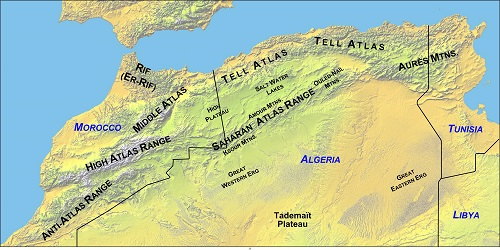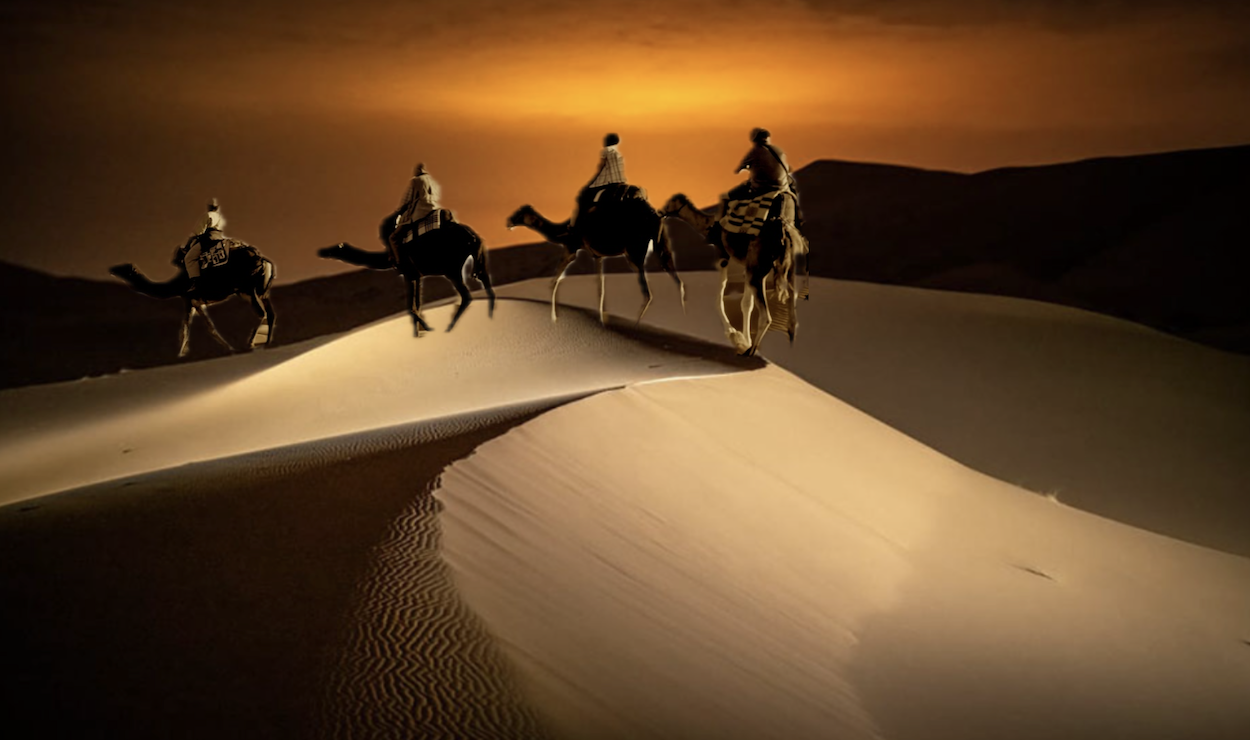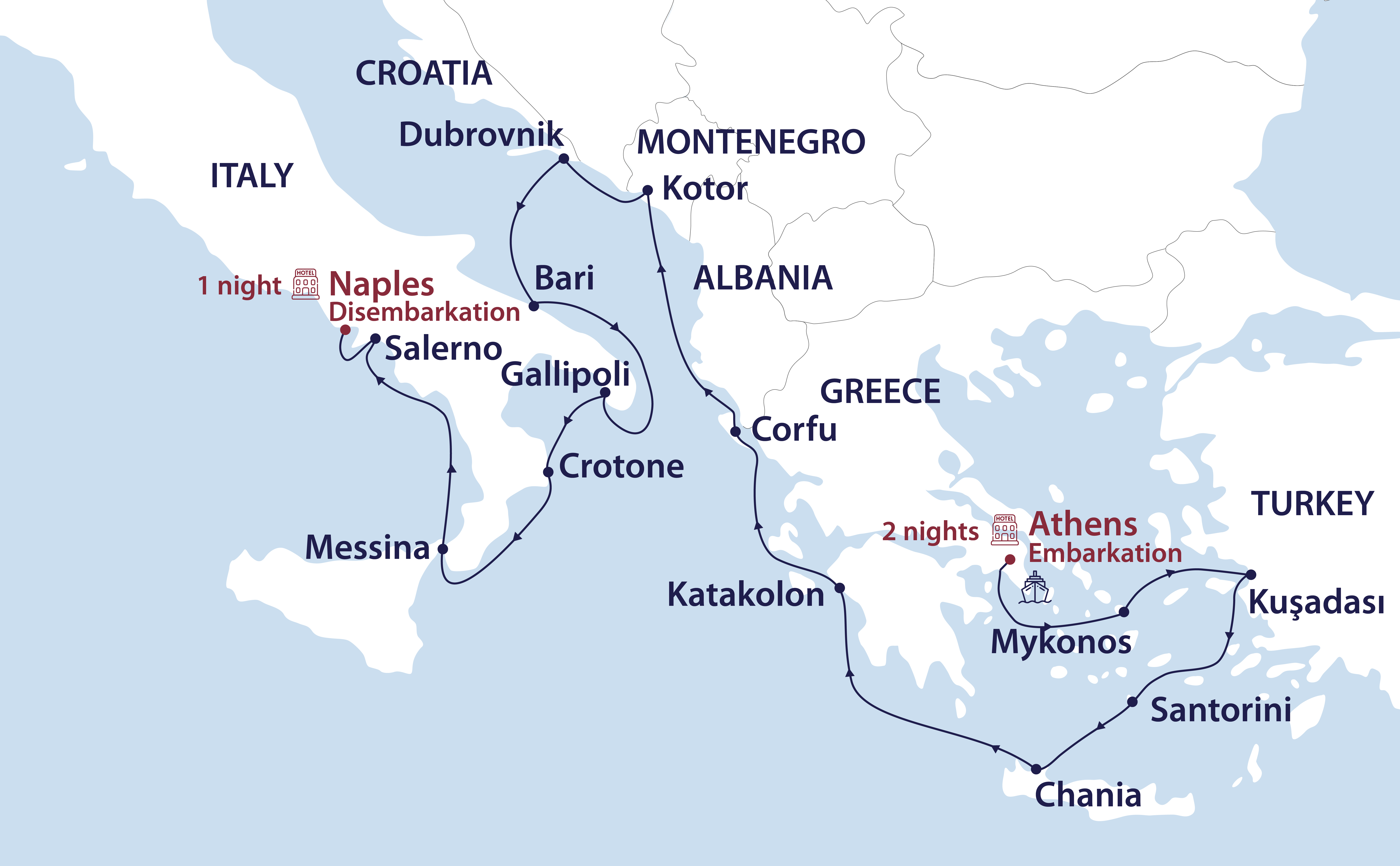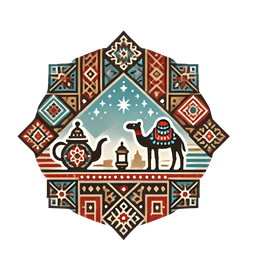- Published on
Morocco on the Map Geographic Wonders and Strategic Location
- Authors

- Name
- Adil ABBADI
Introduction
Morocco, a country located in the northwest corner of Africa, is a fascinating blend of geographic wonders and strategic location. From the rugged Atlas Mountains to the pristine beaches of the Atlantic coast, Morocco's diverse geography has played a significant role in shaping its history, culture, and economy. In this blog, we'll delve into the country's unique features and explore how its location has made it an important hub for trade, tourism, and global connectivity.
- The Atlas Mountains: Morocco's Backbone
- The Sahara Desert: Morocco's Golden Sands
- The Atlantic Coast: Morocco's Oceanic Gateway
- The Mediterranean Coast: Morocco's Northern Frontier
- Morocco's Strategic Location: A Crossroads of Cultures
- Conclusion
- Explore Morocco's Wonders
The Atlas Mountains: Morocco's Backbone
The Atlas Mountains, stretching across Morocco, Algeria, and Tunisia, are a mountain range that dominates the country's landscape. The highest peak, Jbel Toubkal, reaches an elevation of 4,167 meters, making it the highest point in North Africa. The Atlas Mountains are not only a natural wonder but also play a crucial role in Morocco's climate, economy, and culture.

The mountains create a rain shadow effect, resulting in a significant difference in climate between the northern and southern regions. The northern regions receive more rainfall, making them suitable for agriculture, while the southern regions are arid and desert-like. This contrast has led to the development of distinct cultural and economic practices in each region.
The Sahara Desert: Morocco's Golden Sands
Morocco is home to a significant portion of the Sahara Desert, which covers nearly a third of the country. The Sahara is the largest hot desert in the world, stretching across North Africa from the Atlantic Ocean to the Red Sea. Morocco's Sahara Desert region is characterized by endless dunes of golden sand, oases, and extreme temperatures.

The Sahara Desert has played a vital role in Morocco's history, with ancient trade routes, such as the Trans-Saharan Trade Route, passing through the region. Today, the desert is a popular tourist destination, with visitors drawn to its breathtaking landscapes and unique cultural experiences.
The Atlantic Coast: Morocco's Oceanic Gateway
Morocco's Atlantic coast stretches for over 1,800 kilometers, providing a strategic access point to the Atlantic Ocean. The coast is dotted with bustling port cities, such as Casablanca and Tangier, which have played a crucial role in Morocco's economy and history.
The Atlantic coast has facilitated trade between Morocco and Europe, Africa, and the Americas, making it an important hub for international commerce. The coast's mild climate and picturesque towns have also made it a popular tourist destination, attracting visitors from around the world.
The Mediterranean Coast: Morocco's Northern Frontier
Morocco's Mediterranean coast, also known as the Rif coast, stretches for approximately 500 kilometers. The coast is characterized by rugged cliffs, hidden coves, and picturesque towns, such as Chefchaouen and Al Hoceima.

The Mediterranean coast has played a significant role in Morocco's history, with the ancient Phoenicians and Romans establishing trade routes and settlements in the region. Today, the coast is a popular destination for tourists seeking a more relaxed and off-the-beaten-path experience.
Morocco's Strategic Location: A Crossroads of Cultures
Morocco's unique location at the intersection of Africa, Europe, and the Middle East has made it a strategic hub for trade, tourism, and cultural exchange. The country's proximity to Europe has facilitated trade and cultural exchange, with Morocco being a key player in the European-African trade route.
Morocco's location has also made it a melting pot of cultures, with influences from Arab, Berber, African, and European traditions. This cultural diversity is reflected in the country's architecture, cuisine, and arts, making Morocco a fascinating destination for visitors from around the world.
Conclusion
Morocco's geographic wonders and strategic location have played a significant role in shaping the country's history, culture, and economy. From the rugged Atlas Mountains to the pristine beaches of the Atlantic coast, Morocco's diverse landscape has created a unique and fascinating country. As a crossroads of cultures, Morocco continues to be an important hub for trade, tourism, and global connectivity, making it an exciting destination for visitors and a vital partner for international cooperation.
Explore Morocco's Wonders
Take the first step in exploring Morocco's geographic wonders and strategic location. Discover the country's rich history, diverse culture, and breathtaking landscapes, and experience the warm hospitality of the Moroccan people.
